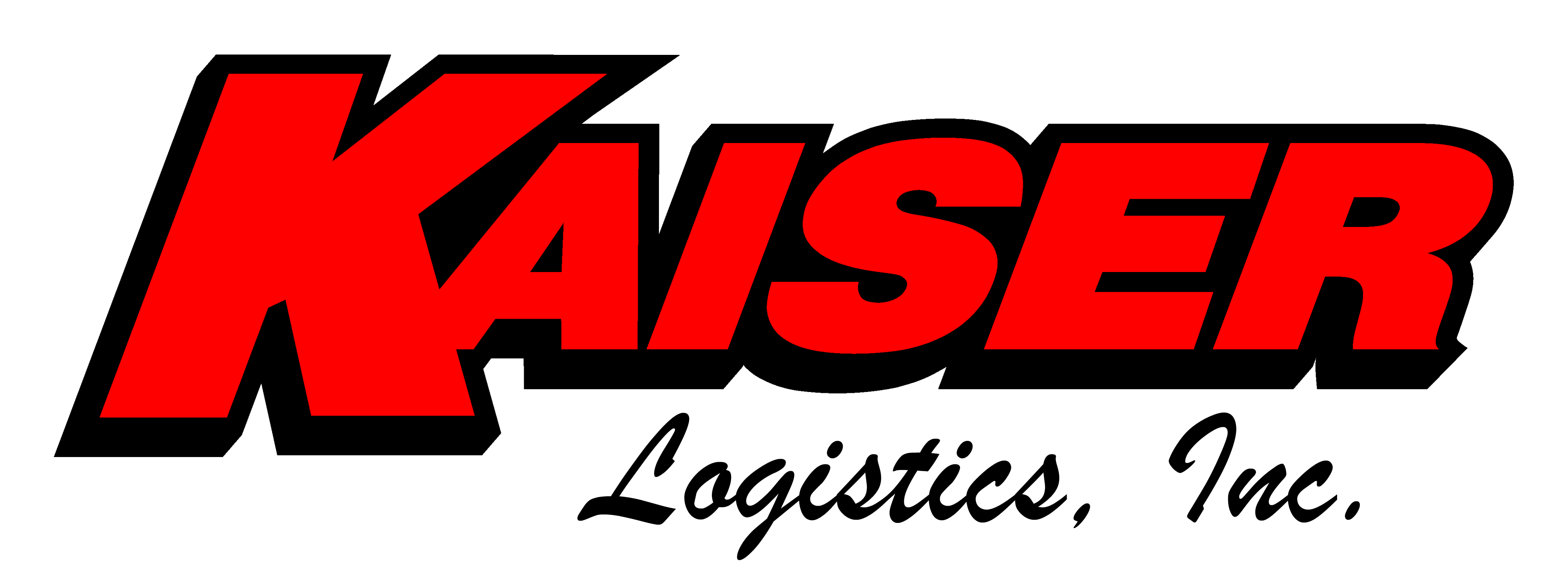Do you need to ship goods but don’t need an entire truckload of space? Less-than-truckload shipping (LTL) freight is the perfect way to ship without paying for a whole truck.
LTL providers focus on optimizing their loads to move more goods for more clients—more efficiently. Businesses prefer LTL shipping because it’s more cost-effective, environmentally friendly, and flexible.
Knowing when to opt for LTL shipping over other options is essential to improving efficiency and lowering costs.
To understand more about less-than-truckload shipping and its benefits, keep reading.
What Is Less-Than-Truckload Shipping?
In simple terms, less-than-truckload shipping is the transportation or transfer of small freight. LTL is ideal for shipments that fall between those sent by a carrier service, FedEx or UPS, and full truckload shipping.
Perspectives on what is considered an LTL shipment vary. If a carrier transports enough less-than-truckload shipments that make up a full truck, it’s still considered less than a truckload. A shipment can take up a third of a truck’s capacity and be LTL.
Most shippers execute LTL shipping with the same providers that handle and manage freight. Some well-known carriers, such as UPS and FedEx Ground, offer freight shipping alternatives. This means that, as a shipper, you have several cost savings opportunities.
For DTC brands, less-than-truckload shipping alternatives offer a creative and more cost-effective approach to fulfilling ecommerce purchases quickly. Optimizing your shipments with LTL allows you to prevent paying more than you need to for warehousing.
The Trailer Space Sharing℠ model allows you to consolidate smaller shipments with the cargo of other retailers headed in the same direction. It’s a convenient and more efficient shipping mode that demands payment for only the portion of the truck your shipment occupies.
1. More Favorable Rates
The number one advantage to using LTL shipment methods is that you can ship goods for a fraction of the cost of paying for an entire truck. Since you’re not paying for an exclusive shipment, the freight provider pools the shipments into a single truck. Therefore, each shipper only pays for the part of the truck they’re taking up.
For competitive reasons, LTL providers typically offer more favorable rates than parcel carriers. They also offer several accessory services that you won’t find with FTL carriers, such as residential service at pickup or delivery, liftgate service at pickup or delivery, freeze protection, notification prior to delivery, and others.
Additional services are usually billed for a weight-based surcharge or flat fee. Some providers will bill in cube weight measurements to increase loading efficiency.
2. More Control Through Pool Distribution and Consolidation
If you don’t have the volume required to fill a whole truckload, an alternative is piecing together multiple stop truckloads.
There are many reasons why multiple stop truckloads would be appropriate. However, if you don’t take the right factors into consideration, you can easily lose money. For multiple stop truckloads to be a smart financial decision, orders, distances, receivers, and miles must properly align.
You have to think about more than the economic aspects of the load. Take factors such as essential coordination and human factors into consideration, as well. You must have the necessary energy, time, and people required to handle the shipment details. Unless patterns are surrounding the orders you have coming in, each week can seem like a new beginning. You can end up facing major hurdles concerning scheduling and delay issues.
There are also other potential hidden costs to contemplate. It’s possible for shipments to take up unnecessary capacity due to low load factors. If you subtract or add something to an order at the final hour, you can throw everything off. Most carriers don’t appreciate the additional stops, so they will charge a premium. Plus, many truck drivers aren’t trained to handle multiple stop loads and prefer simple runs.
Thankfully, you have alternatives. Pool consolidation and distribution can be a solution if you’re always facing multiple loads of smaller shipments.
Picking up one or several LTL shipments at a stop is pool distribution. The carrier takes the shipment to a cross-dock facility or staging area. Then they reassemble it for multi-truck distribution.
Picking up multiple LTL shipments from several locations and bringing them to a central staging area for customer loading or pickup is considered pool consolidation.
Pool programs offer several benefits, including:
- Solving the weekly shipment debacle
- Adapting to last-minute changes in orders and production
- Saving time and money compared to multiple stop truckloads
- Avoiding paying for shipping air
Determining whether pool shipment methods are a fit for your business will depend on your timing, type of freight, origin, destination, volume, and more.
3. Greater Flexibility
When you’re shipping smaller shipments to several locations, LTL shipping provides flexibility. Yes, a little more time is needed to bring other freight together. However, you can drive down costs by combining shipments from multiple customers to make larger loads.
Some transportation management systems will identify pool distribution options. This is to optimize cost savings and flexibility. To do so, carriers will send multiple trucks to pick up the various shipments. Then, they bring them to a central staging area and assemble them into shipments that they will deliver to different areas.
A third-party logistics provider’s system will provide specific service schedules. Alternatively, you can get these directly from the LTL carrier.
4. Ecommerce-Friendly
Since the beginning of the coronavirus pandemic, the world’s reliance on ecommerce has ballooned. Now, retailers in all industries have unique shipping and delivery problems. Logistics providers who don’t offer LTL shipping options will soon be obsolete, as the genie isn’t going back in the bottle!
As ecommerce grows, you must be able to keep up with consumer demand. The cost of freight often forces online retailers to reconsider their shipping strategies. Businesses that can’t offer next-day shipping and free returns will face difficulty. It becomes impossible to compete with larger retailers such as Amazon and Walmart.
Using a reliable logistics partner can help smaller businesses grow their operations successfully. LTL shipment provides options for companies moving smaller quantities of goods. Carriers are often able to offer lower per-item costs. This is because they’re increasing truck capacity through smaller shipments.
As your online business continues to grow, you’ll have more control over costs. You can adjust your shipments based on the scale of operations and demand, which can save you thousands each year.
5. Environmentally Conscious
Less-than-truckload shipping benefits the environment through more efficient use of recourses.
Multiple LTL shipments can remove nonessential trucks from the road by optimizing trailer space. Pooling helps carriers avoid frequently loading and unloading, which not only damages freight but produces unnecessary CO2 emissions.
Through LTL, shippers can reduce environmental costs associated with using multiple trucks for a job. They optimize what a single truck can handle. In fact, LTL reduces greenhouse gas emissions by up to 40%!
When to Choose LTL Freight
Choosing between LTL and other shipping options may seem like an easy decision. After all, you either fill the truck, or you don’t. However, several factors determine whether LTL shipping is the right fit.
In most cases, if you’re a small business with small shipping needs, LTL is the right choice. You can get your materials to your destination in time while taking advantage of a more budget-friendly option.
If you have special needs for sensitive items, you’ll also receive more services with an LTL shipping partner. In addition, you can track your order more efficiently, maintaining visibility into your shipment. When shipping goods across the country, this small amount of peace of mind can go a long way.
Another factor to consider is your freight’s dimensions. Always know your shipment’s length, width, and height. You will need to estimate this when obtaining freight classifications and quotes. This is essential because how well your shipment fits into the truck will impact the cost.
Overall, if you’re on a budget, you should choose less-than-truckload shipment options.
Get Your LTL Freight Quote Today
Less-than-truckload shipping is an ideal method for residential customers, small businesses, and even larger companies. Choosing a shipping provider is about more than finding the best rates. It would help if you found a long-term partner focused on your unique freight needs. This way, you can continually improve processes, enhance customer satisfaction, and mitigate risk.
At Kaiser, we specialize in LTL open-deck freight and strive to exceed customer expectations in every step of the delivery. To start, we’ll help you find the right carrier so that you only pay for the space you need.
Contact us for a free LTL freight quote today!

